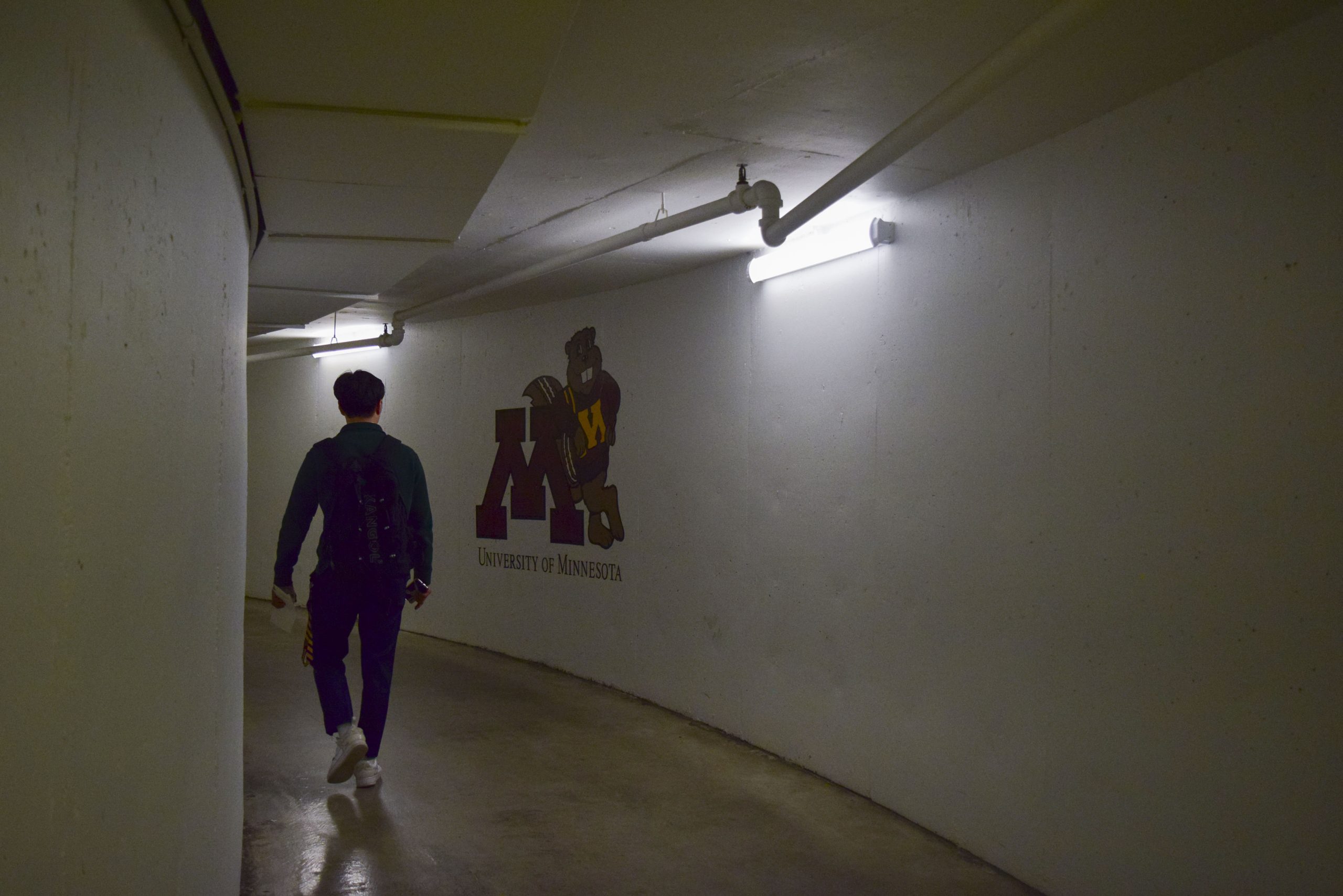Second-term presidents typically have three central, over-arching priorities: to secure a place in history as a great leader, to leave a legacy of good policy and to ensure their party maintains control of the executive branch.
Our current president is surely motivated by these ambitions and he should be concerned that he might fall short on all three. As things currently stand, Clinton is likely to be remembered for a never-ending supply of scandals, for destroying the social safety-net, for bringing poll-based politics to new and disturbing levels and for causing the Democrats to lose control of Congress — and these are things his supporters will recall.
While he will deservedly be given credit for sound economic policy, for preventing misguided Republican budget proposals and for a relatively coherent foreign policy, the president surely could use some more issues with which to secure a positive place in history. To this end, I have a suggestion: Use the bully pulpit to make funding for the arts a national priority. The president has been complacent — by using his pen and not his mouth — in Congressional Republicans’ assault on funding for the National Endowment for the Arts.
Funding for the NEA has reached a dangerously low level and America’s future as a country that values — and promotes — the arts is in jeopardy.
The nonpartisan President’s Committee on the Arts and Humanities recently released a report noting that public cuts in funding for the arts, which have been accompanied by decreases in private and corporate support, are threatening the well-being of cultural and educational institutions in the United States. The committee — on which policy-makers, academics and artists sit — proposed, among other things, raising funding for the NEA, increasing funding for the arts in schools, requiring arts education for all high school students and encouraging philanthropy through the tax code.
The committee noted that while charitable giving rose by 11 percent last year, contributions to the arts remained constant — this trend exacerbates the damaging impact of Congressional cuts to the NEA and other cultural institutions, which have slashed funding for the arts by 40 percent.
More specifically, the committee called on all 14 states currently attempting to limit the tax-exempt status of nonprofit organizations to give up such efforts. Indeed, tax exemptions are crucial for nonprofit organizations to continue to provide services that, for obvious reasons, for-profit organizations will not. Furthermore, the committee called on Congress to restore funding for culture and the arts to a level of $2 per taxpayer, or $550 million, up from the current level of $1.34 per taxpayer, or $358 million. One needn’t be an economist to know that an extra $192 million doesn’t amount to a hill of beans in the federal budget. Congressional Republicans who claim that cutting funding for the arts is in any way going to impact the national debt are pulling a fast one on the public; they are doing nothing to cut the deficit, they are merely using the budget as a veil to cover their ideological opposition to public support for the arts and culture.
Both the president and the first lady have indicated their support for these proposals. However, the president should do more than merely announce his support and leave it to artists and academics to make the case for this issue. Here is the rub: To really have an impact on funding for the arts, and to make the arts a national priority, the Clintons must make an issue of this issue. This means giving speeches, making appearances at museums and calling for action and, of course, giving Congressional Democrats political cover to try to make things happen on Capitol Hill — something this president has never been very good at.
If Clinton takes these steps and makes the arts a real national priority, he will be rewarded. Historians will remember him as the president who saved the NEA and other cultural institutions from fiscal oblivion, the public will respect him as the man who stood up for our cultural heritage and our artistic future and artists will consider him a president “for the arts.” The money needed by cultural institutions is a fraction of the cost of various corporate subsidies and it is more important.
This is sound policy, will be good for the president’s historical image and — as the president can surely calculate for himself — is sound politics.
The committee noted that “a climate of intolerance for challenging works and ideas” is pervading our politics and our culture. Here is a golden opportunity for Clinton to restore the arts to a position of national import; if action is not taken now, it might be too late for future leaders to do anything.
Sam Goodstein’s column originally ran in the Tues. March 7 issue of The Michigan Daily.










